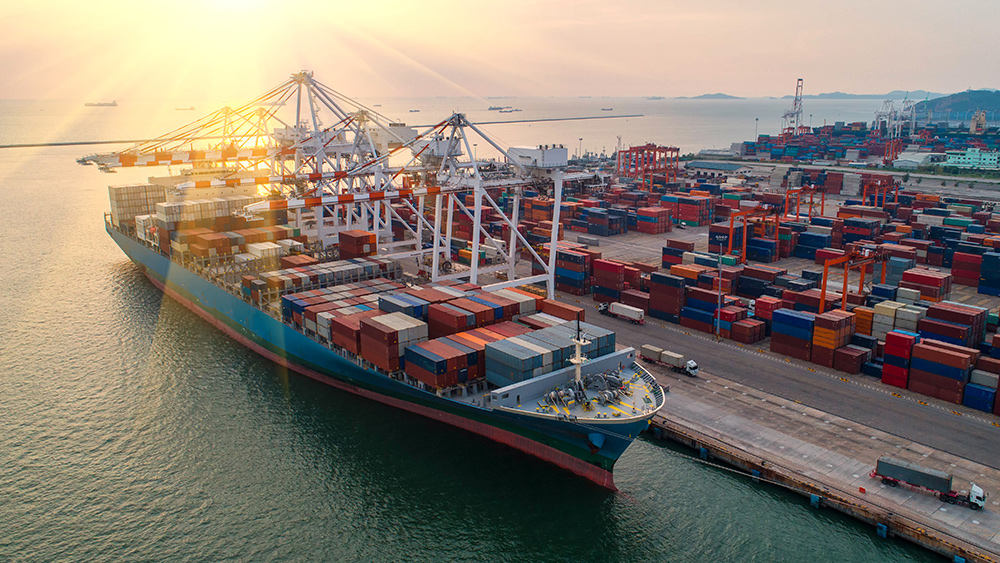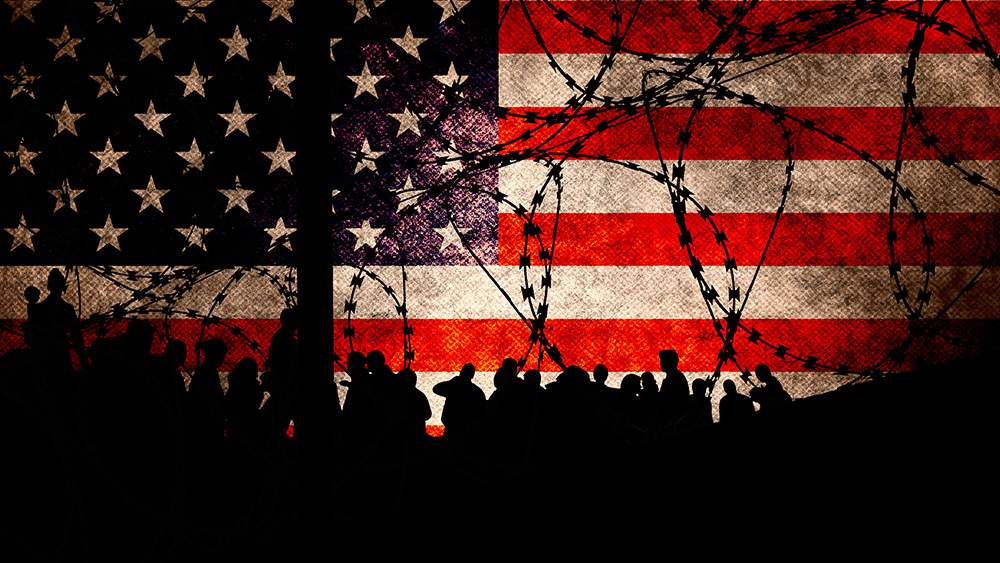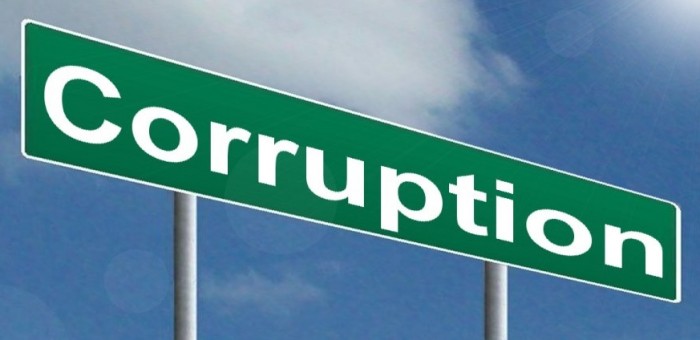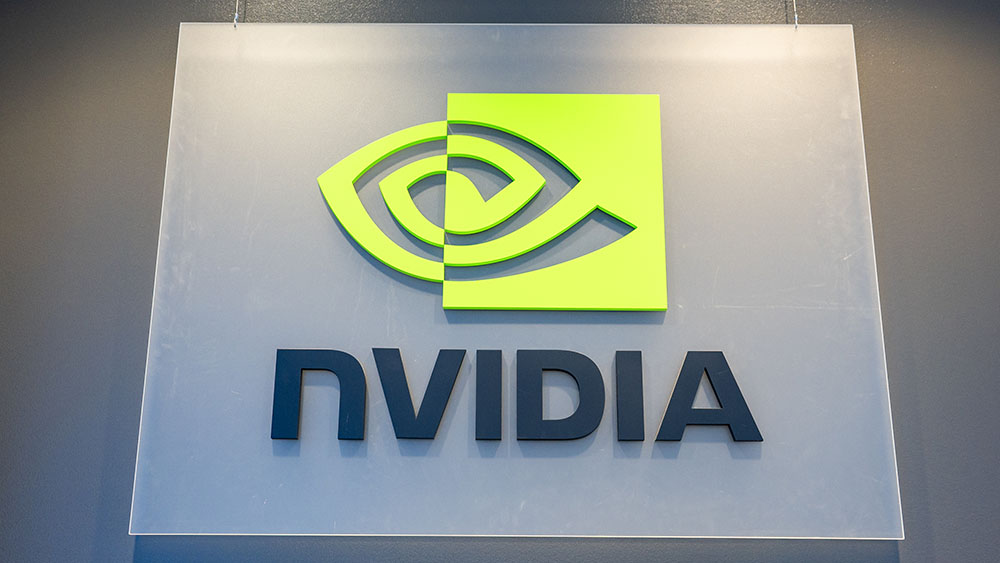 Parler
Parler Gab
Gab
- Trump demands China withdraw 34% tariffs or face additional 50% U.S. tariffs, escalating trade tensions.
- Global markets plunge as Trump’s ultimatum sparks fears of recession, but he insists on long-term gains.
- China condemns the move as economic bullying while facing domestic market turmoil and diplomatic pressure.
- U.S. allies like Japan and the EU seek alternative trade deals amid uncertainty over America’s trade policies.
- Corporate leaders warn of economic fallout, but Trump’s advisors dismiss concerns, focusing on manufacturing reshoring.
Trump’s ultimatum and economic fallout
In a move that escalates his ongoing trade battle, Trump set a 24-hour deadline for China to reverse its retaliatory tariffs, imposed after the U.S. unveiled sweeping 34% duties last week. "Therefore, if China does not withdraw its 34% increase above their already long term trading abuses by tomorrow, April 8th, 2025, the United States will impose ADDITIONAL Tariffs on China of 50%, effective April 9th," Trump declared, threatening to terminate all diplomatic trade talks. The White House confirmed the combined tariffs could reach 104%, a staggering blow to Chinese manufacturers. The announcement sent shockwaves through global markets. The Dow Jones Industrial Average plummeted 1,200 points, while Asian and European exchanges tumbled for a third consecutive day. Analysts at Goldman Sachs warned of a looming recession, noting that even a tariff rollback may not stave off economic contraction. Yet Trump remained defiant, dismissing turbulence as short-term “medicine” for long-term gains.China’s defiance and global reactions
China’s Communist Party responded with fury, accusing the U.S. of “unilateralism, protectionism, and economic bullying” in a fiery statement from its foreign ministry. State media insisted “the sky won’t fall,” but behind the bravado, signs of strain emerged: Chinese stocks crashed, and an analyst at Teneo noted Beijing’s “abandonment of restraint” signals fading hopes for a quick resolution. Meanwhile, U.S. allies are hedging their bets. Japanese Prime Minister Shigeru Ishiba called the tariffs a “national crisis” but agreed to send negotiators to Washington. The European Union, seeking alternatives, announced plans to diversify trade partnerships with India and Southeast Asia. “So we will focus like a laser beam on the 83% of global trade that is beyond the United States, vast opportunities, and this is why we’re deepening our relations with our trading partners,” said EU Commission President Ursula von der Leyen, although she left the door open to talks.Divided responses at home
While Trump’s base applauds his hardline tactics, corporate leaders and financial elites warn of dire consequences. JPMorgan Chase CEO Jamie Dimon predicted inflation spikes and job cuts, with one-third of CEOs in a CNBC survey anticipating layoffs due to tariffs. Billionaire Elon Musk, a Trump ally, broke ranks publicly, advocating for a U.S.-Europe free-trade zone and reposting Milton Friedman’s free-trade arguments. White House trade adviser Peter Navarro dismissed such concerns, insisting reshoring U.S. manufacturing “won’t take long” and mocking Musk as a mere “car assembler” protecting his supply chain. Commerce Secretary Howard Lutnick faced backlash from hedge fund manager Bill Ackman, who accused him of profiting from economic chaos — a charge he later walked back. As the deadline looms, Trump’s gamble hinges on whether China blinks — or whether American workers and consumers will bear the brunt of a prolonged trade war. Supporters argue the president’s firm stance has already yielded lower inflation and energy costs, while critics see a reckless precipice. One thing is clear: Trump’s America First doctrine is rewriting global trade rules, for better or worse. Sources for this article include: CNBC.com FoxBusiness.com APNews.com8 U.S. states may EXPAND vaccine exemptions in 2025, and parents have many reasons to STOP THE SHOTS
By Lance D Johnson // Share
Global maritime carbon tax sparks debate over economic freedom and climate ambition
By Willow Tohi // Share
Trump administration wins court approval for sweeping immigrant registration rule
By Laura Harris // Share
Nvidia’s $500B U.S. AI bet counters China trade threats, fuels Trump’s jobs push
By Cassie B. // Share
Governments continue to obscure COVID-19 vaccine data amid rising concerns over excess deaths
By patricklewis // Share
Tech giant Microsoft backs EXTINCTION with its support of carbon capture programs
By ramontomeydw // Share
Germany to resume arms exports to Israel despite repeated ceasefire violations
By isabelle // Share










